Empathy has become a cornerstone of effective leadership as employees seek greater workplace well-being and more flexible working arrangements to help them manage obligations at home. This important trait boosts employee engagement and enables leaders to connect with their team members on a deeper level. It involves genuinely listening to their concerns, acknowledging their emotions, and striving to understand their unique circumstances. By embracing empathy, leaders foster an inclusive culture where trust, collaboration, and support flourish.
In today’s global and diverse business landscape, empathetic leadership plays a pivotal role in creating cohesive and engaged teams. It allows leaders to bridge gaps between individuals from various backgrounds, cultures, and perspectives, fostering a sense of belonging and shared purpose. Empathy transcends hierarchies and nurtures an environment where every team member feels valued, respected, and heard.
If you’re leading a team, here are some important things to keep in mind as you strive to be a more empathetic and understanding manager:
- Empathetic leaders excel at active listening. They understand that truly hearing and understanding others’ perspectives is vital for building meaningful relationships. Active listening involves providing undivided attention, maintaining eye contact, and being fully present in conversations. It also requires leaders to refrain from interrupting, judging, or formulating responses prematurely. By actively listening, leaders create an environment where team members feel valued, validated, and understood.
- Empathetic leaders possess high emotional intelligence (EI). They are aware of their own emotions and can effectively manage them, while also understanding and empathizing with the emotions of others. By recognizing and regulating their own emotional responses, empathetic leaders can navigate challenging situations with grace and composure. Additionally, they are adept at discerning the emotional needs of their team members, providing the necessary support and guidance to help them thrive.
- Empathy and trust go hand in hand. Empathetic leaders prioritize building trust by demonstrating integrity, authenticity, and consistency in their actions. They create an inclusive and safe environment where team members feel comfortable sharing their thoughts, concerns, and ideas without fear of judgment or reprisal. Psychological safety is fostered through open communication, respectful feedback, and a genuine willingness to understand and address the needs of individuals within the team.
- Empathetic leaders understand the value of diverse perspectives and actively seek out input from team members. They encourage collaboration by fostering an environment that celebrates different ideas and opinions. By embracing diversity of thought, empathetic leaders promote innovation, creativity, and problem-solving, as well as empowering team members to contribute their unique strengths and experiences.
- Empathetic leaders prioritize the growth and well-being of their team members. They invest time in understanding their aspirations, strengths, and areas of growth, and provide the necessary support and resources to help them succeed. This includes mentorship, training opportunities, and regular feedback to foster professional and personal development. Empathetic leaders also recognize and acknowledge the achievements and contributions of their team members, boosting morale and creating a positive work culture.
Empathetic leadership is not just a buzzword; it is a powerful approach that positively impacts individuals, teams, and organizations. By embodying active listening, emotional intelligence, trust-building, collaboration, and support, empathetic leaders create a nurturing environment where team members feel valued, motivated, and empowered to reach their full potential. Aspiring leaders can embrace these best practices to transform their leadership style and cultivate a culture of empathy that drives success and well-being in today’s dynamic workplace.

